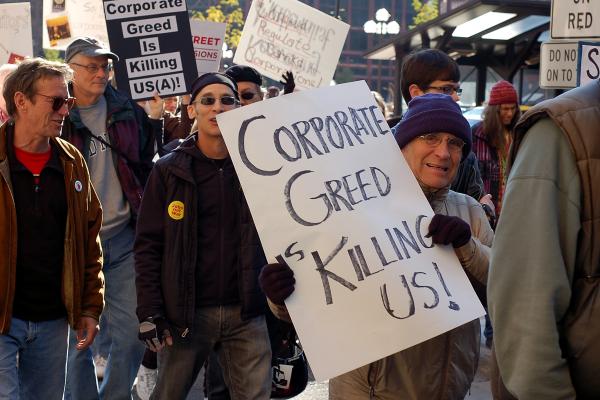THIS SPRING I sat with former President Jimmy Carter and 150 others to talk about human rights.
Women and men from Pakistan, Iran, Israel, Palestine, DR Congo, Indonesia, South Africa, Mexico, Colombia, Nigeria, Syria, Iraq, Russia, Ukraine, the U.S., and other nations attended the Carter Center’s #FreedomfromFear Human Rights Defenders Forum in Atlanta in the midst of a year marked by increased attacks on human rights and on the people who defend them.
Yuri Dzhibladze, president of the Moscow-based Center for the Development of Democracy and Human Rights, shared what he had learned about authoritarian leaders by defending human rights in Putin’s Russia. “For authoritarian leaders to take power,” Dzhibladze said, “they must propagate the belief that they are the protectors of their countries. They must cast multiple actors as imminent threats.”
Donald Trump’s campaign declaration rang in my ears: “I alone can fix it,” Trump said at the GOP national convention. Inside the Beltway those words sounded insane, but, according to Dzhibladze, Trump was simply reading from the authoritarian leaders’ handbook 101. “In authoritarian regimes,” Dzhibladze said, “propaganda dehumanizes scapegoats. Meanwhile, devious enemies are always plotting against us.”
Read the Full Article

